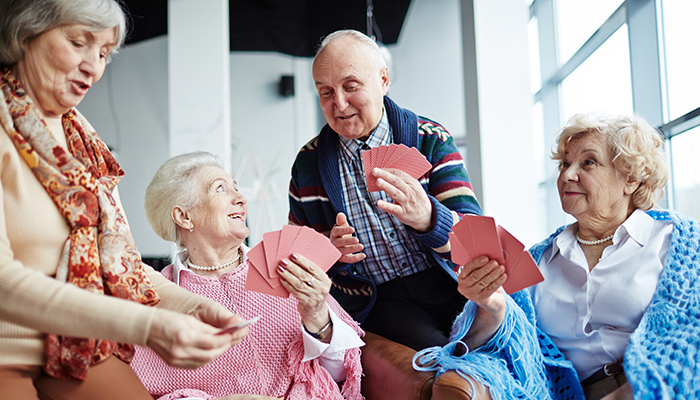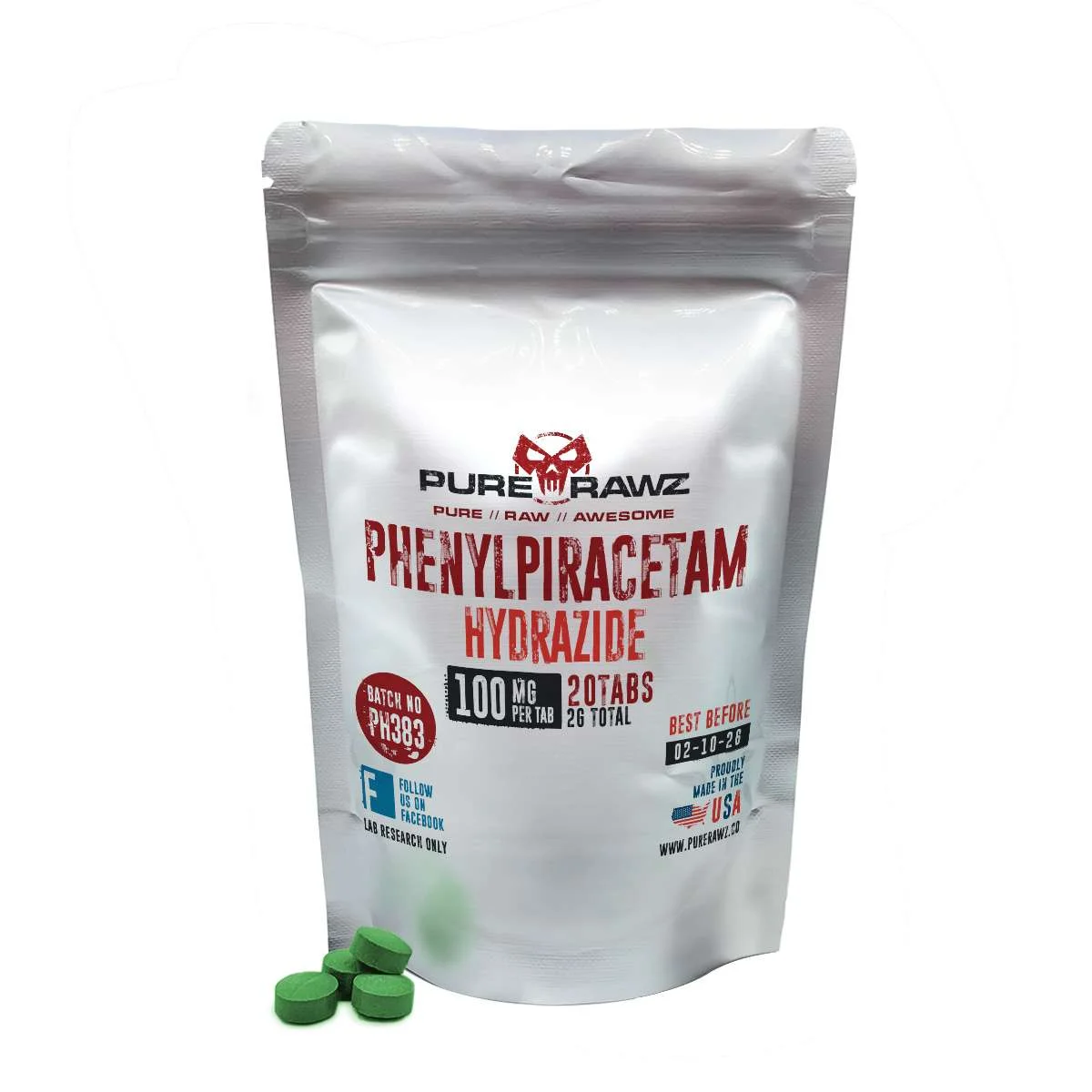Understanding Cognitive Aging: What's Really Happening Up There?
Let's be honest - nobody wants to think about their brain getting older. But here's the thing that might surprise you: cognitive aging isn't just about forgetting where you put your keys (though we've all been there). It's actually a fascinating process that affects different parts of your mind in completely different ways.
Think of your brain like a well-used library. Some sections - like the reference area where all your accumulated knowledge lives - actually get better organized over time. That's your crystallized intelligence, and it stays pretty solid until around age 50, sometimes even improving. But the express checkout system? That's your processing speed, and it starts slowing down earlier than most people realize.
The Two Types of Intelligence
Fluid Intelligence
- • Processing speed
- • Working memory
- • Novel problem solving
- • Complex attention tasks
Declines gradually from early adulthood
Crystallized Intelligence
- • Vocabulary knowledge
- • Learned skills
- • General knowledge
- • Cultural information
Remains stable or improves until age 50
Memory changes are where things get really interesting. Your episodic memory - those specific memories of what happened last Tuesday - might start getting a bit fuzzy. But your semantic memory (general knowledge) and procedural memory (like riding a bike) stay remarkably intact. It's like your brain decides to keep the important stuff and let go of some of the details.
Executive functions show this mixed pattern too. Simple planning tasks? No problem. But ask someone to juggle multiple complex tasks while filtering out distractions, and that's where age starts showing up. Language abilities generally hang in there pretty well, though you might find yourself doing that thing where the word is right on the tip of your tongue but won't come out.
Here's what really matters though - and this is where the research gets exciting - there's huge variability between individuals. Some 80-year-olds perform cognitive tasks better than some 40-year-olds. That tells us something crucial: aging isn't destiny. Your brain's trajectory isn't set in stone, and that's exactly why prevention strategies work.
Normal vs. Pathological Aging
Normal cognitive aging is gradual and doesn't severely impact daily life. Pathological aging (like dementia) involves rapid, dramatic changes that affect independence and quality of life.
Key difference: Normal aging doesn't involve sudden personality changes, aggressive behaviors, or severe social withdrawal - those are red flags that warrant medical attention.


